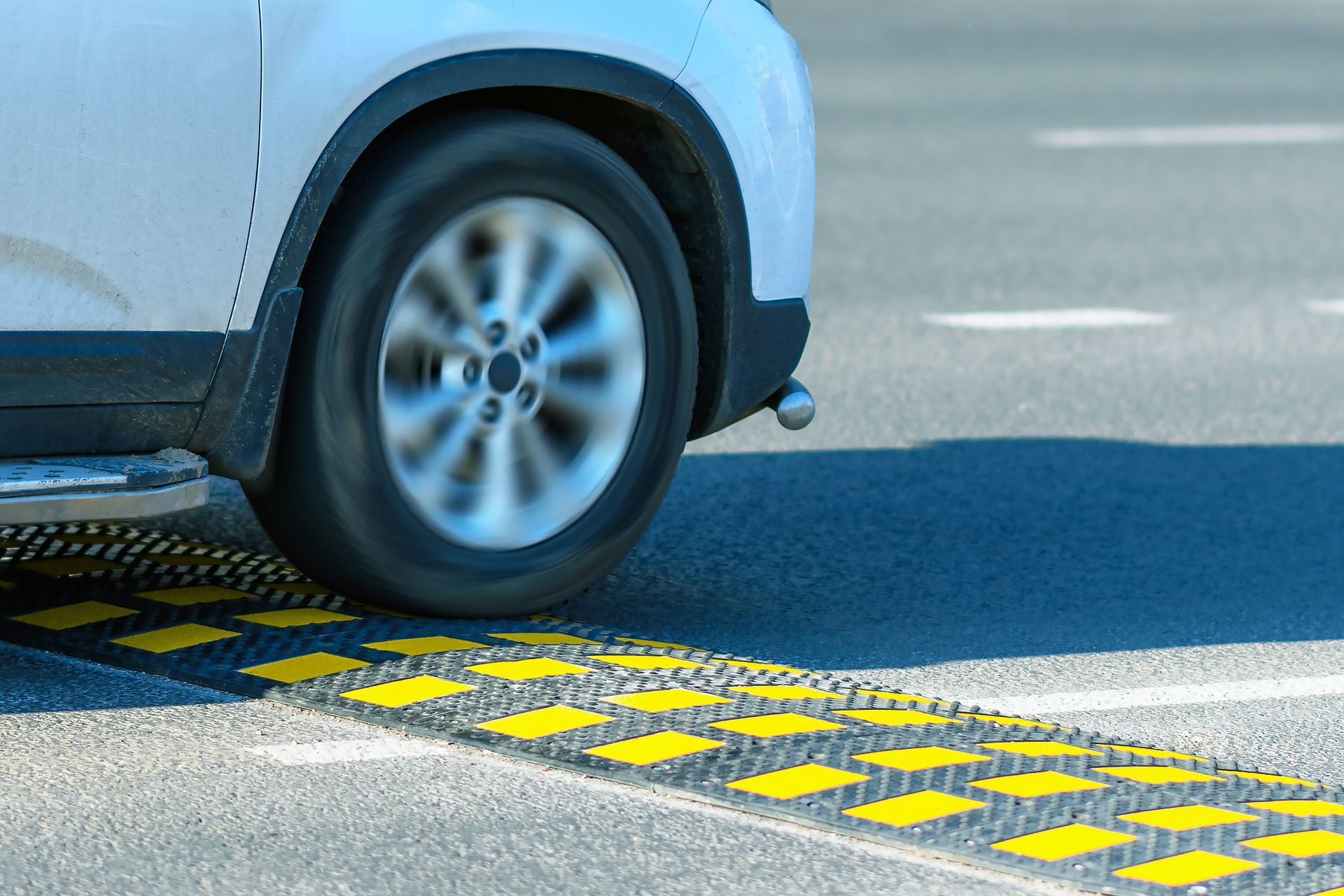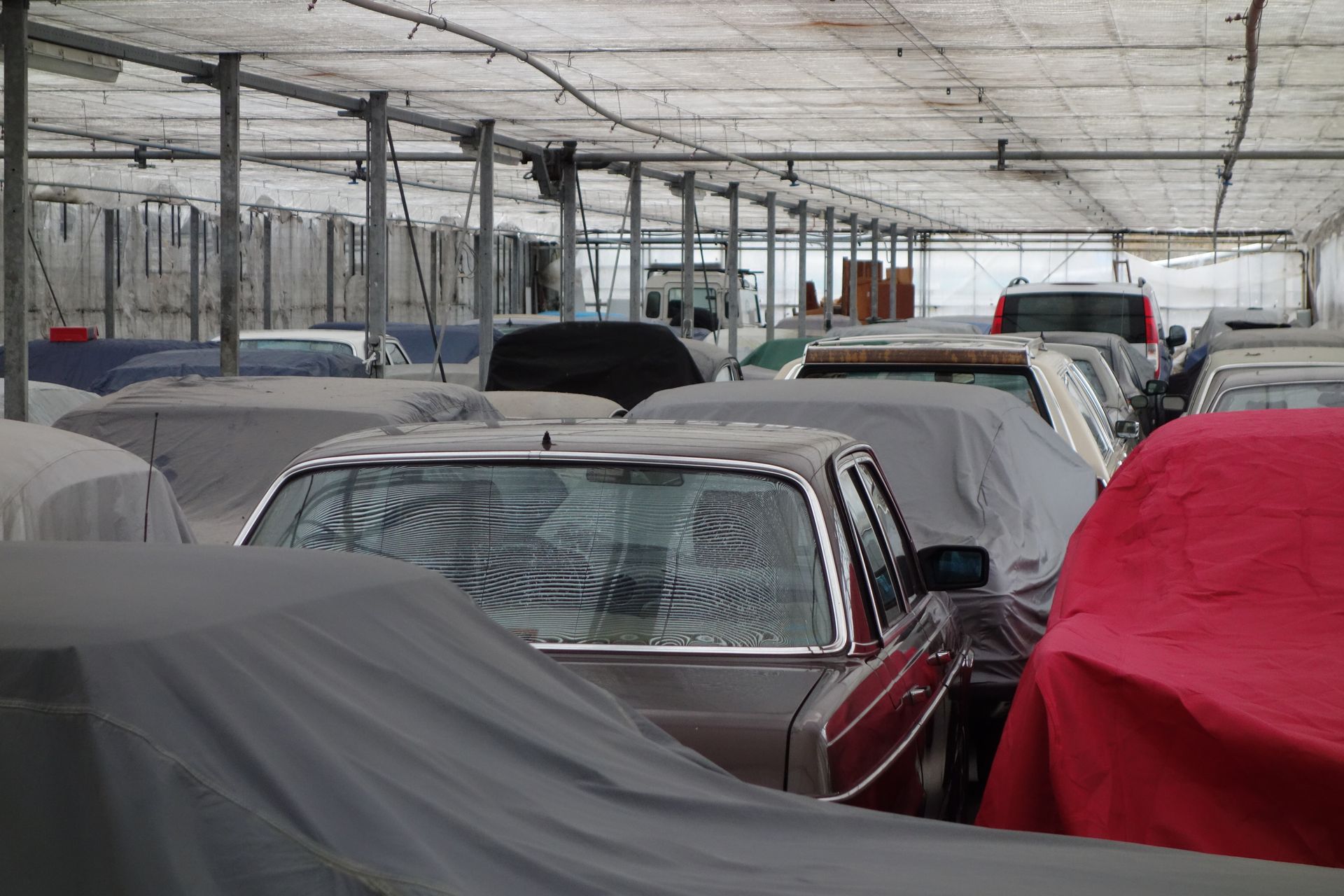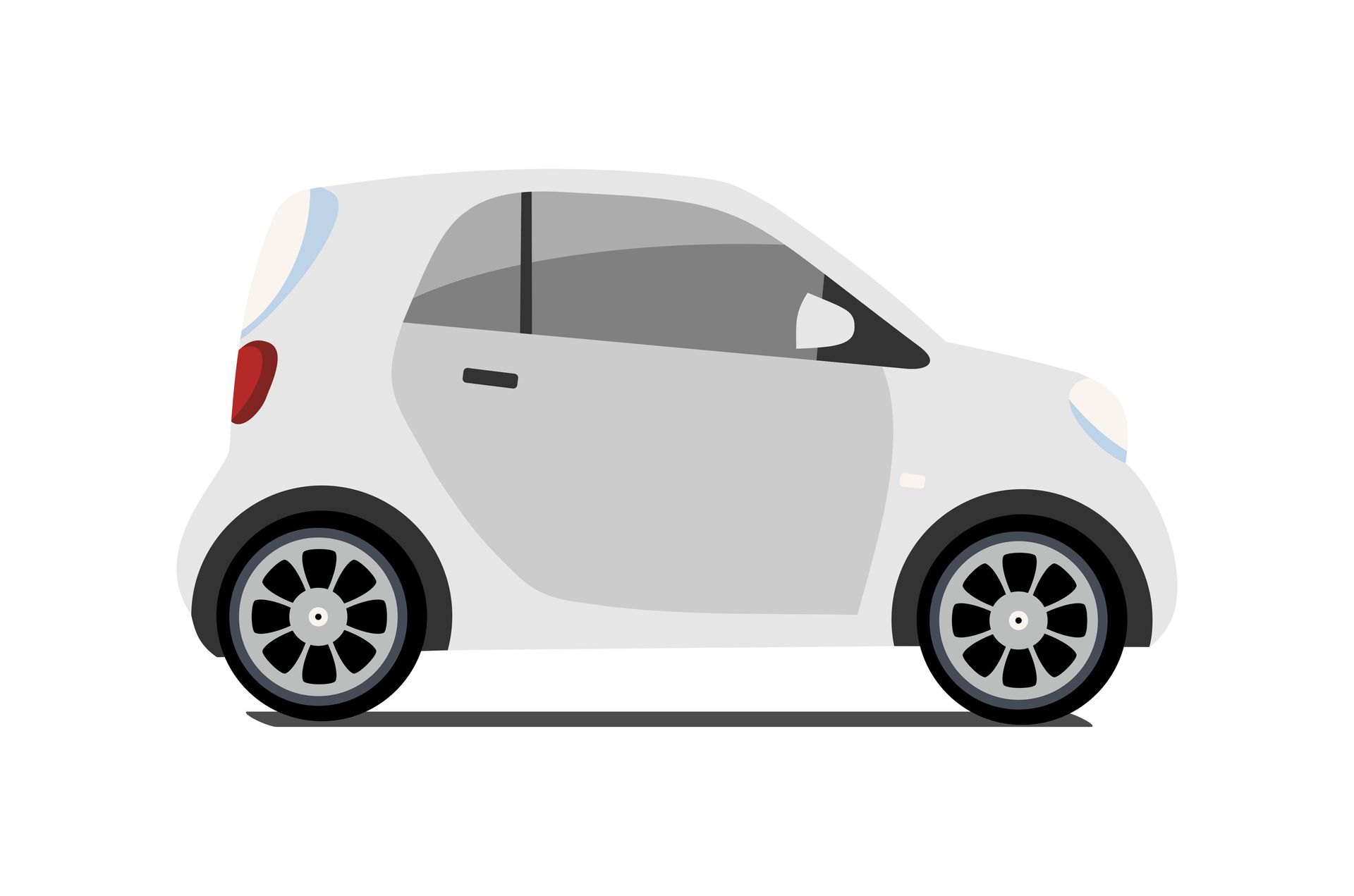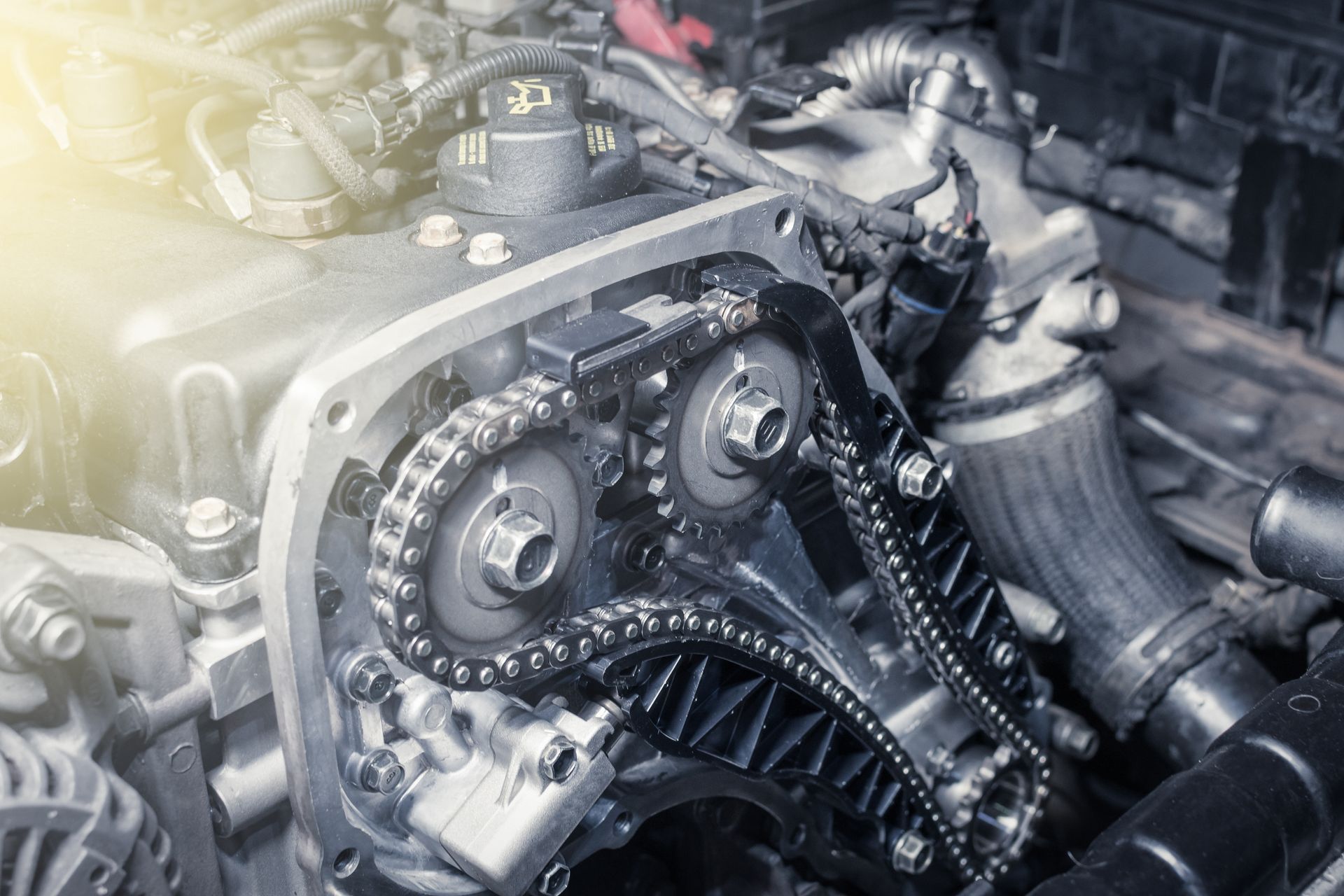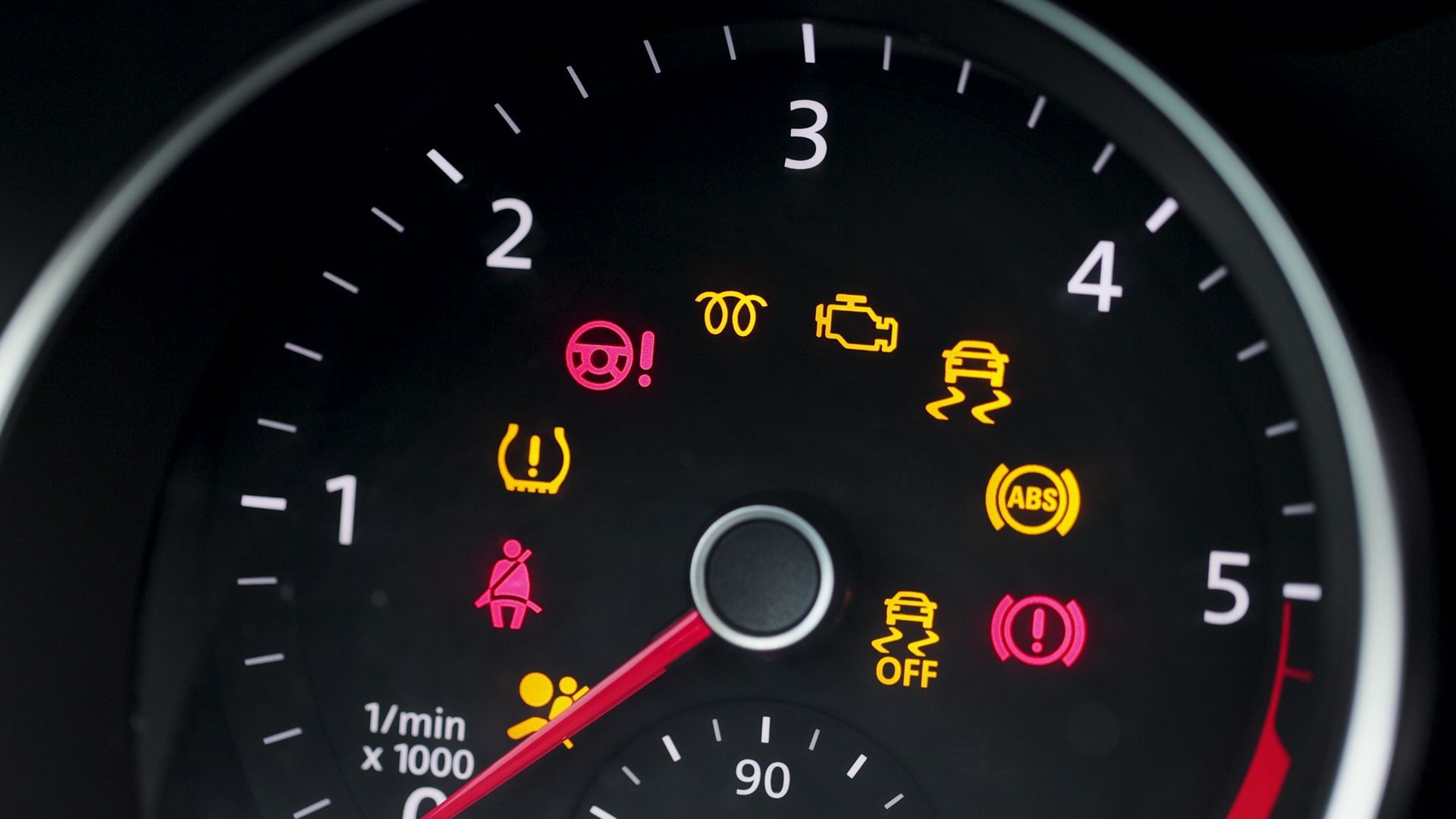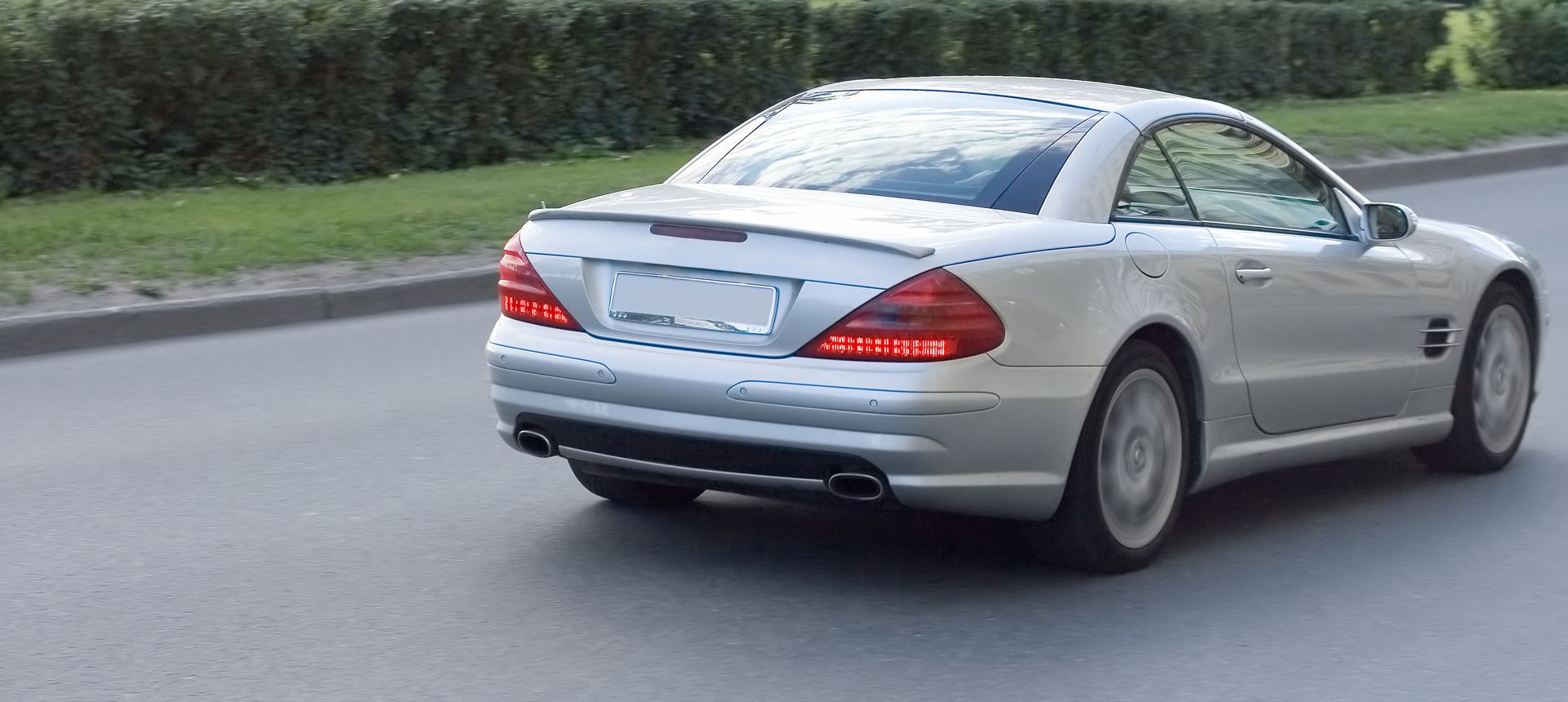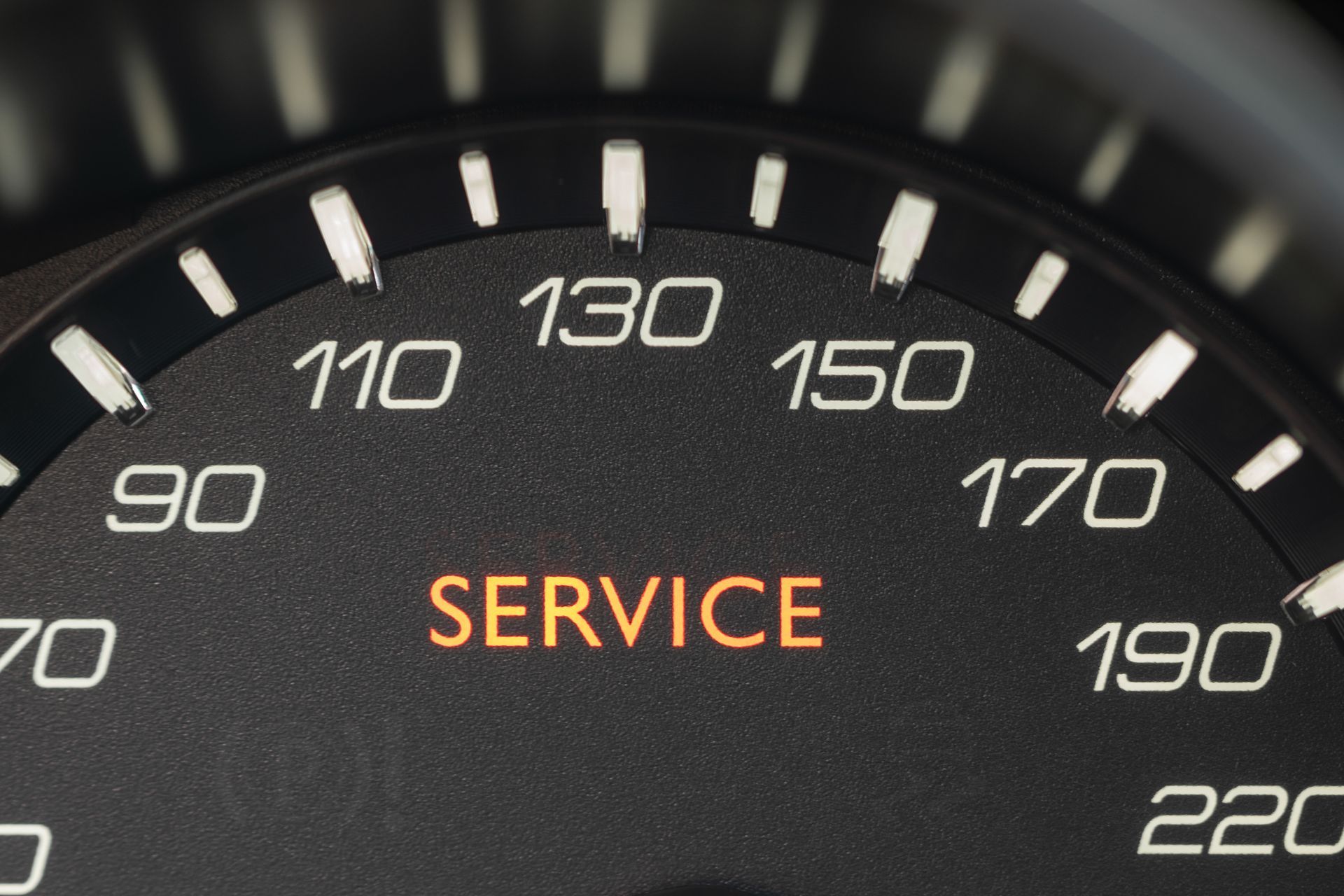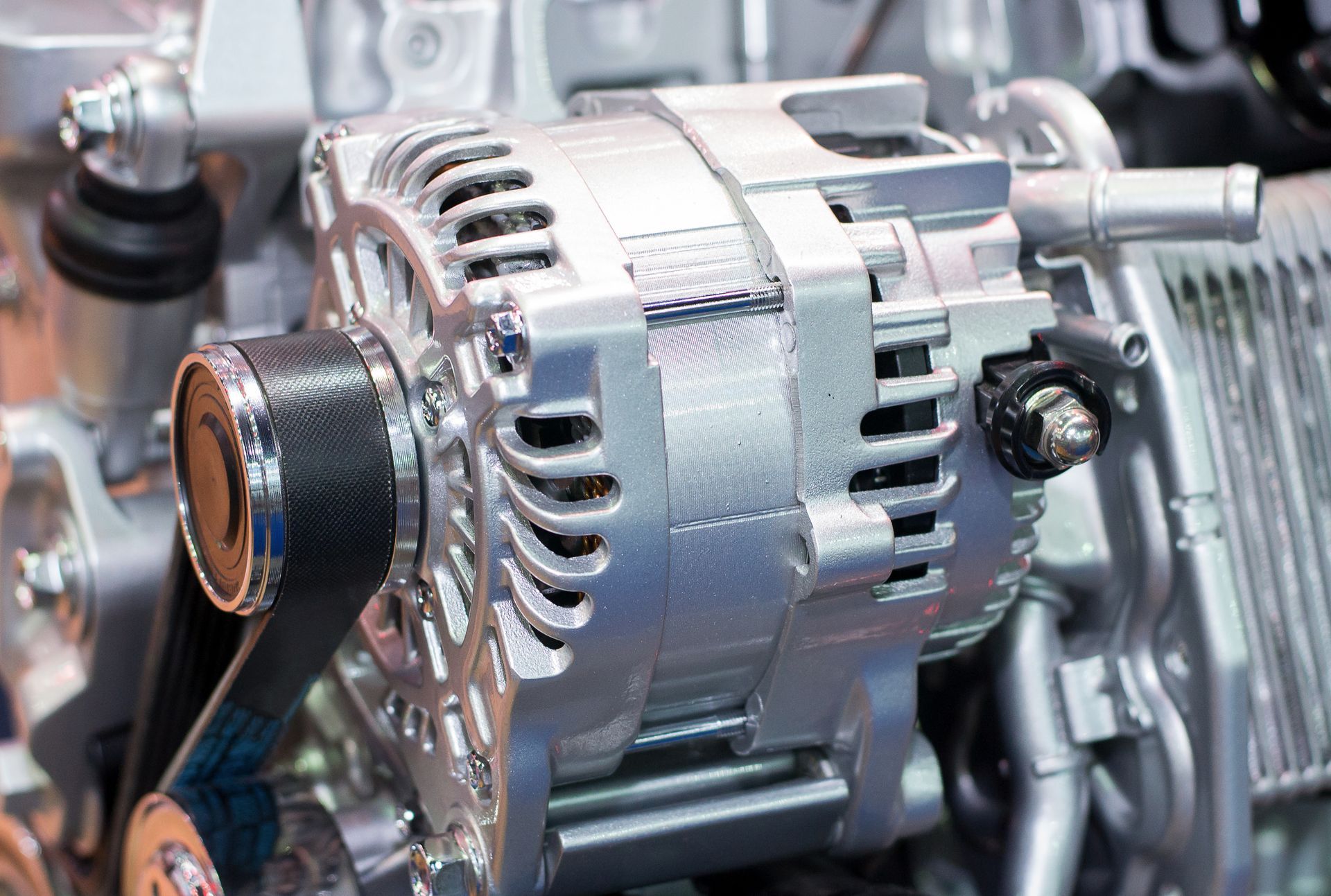If you drive a European vehicle, take note: new U.S. tariffs on imported auto parts could soon make your repairs a lot more expensive. These upcoming tariffs mean that the cost of parts for brands like BMW, Audi, Mercedes-Benz, Volkswagen, and Volvo — and other European makes — is expected to rise significantly. The good news? You can avoid some of those higher bills by addressing any maintenance or repair needs now, before the tariffs take effect.
We’ll explain how these changes may impact you and why taking care of your vehicle now could save you money in the long run.
New Tariffs Will Make European Auto Parts More Expensive
The U.S. has announced new tariffs on imported vehicles and auto parts, including those from Europe. These additional taxes on parts mean that once the tariffs go into effect, European components could increase in price by 25% or more. Repair shops across the country will be forced to pay more to bring in the same parts they use every day — and those increases are likely to be passed along to drivers.
This policy, introduced by President Donald Trump as part of a broader push to protect domestic manufacturing, is expected to affect many foreign-made vehicles and components.
That means parts like engine components, transmissions, sensors, electrical modules, and even suspension pieces could soon come with a much steeper price tag. For anyone driving a car that relies heavily on European-sourced parts, these new rules could significantly raise the cost of future maintenance and repairs.
European Car Owners Will Feel the Impact First
If you own a European car, there’s a good chance your vehicle already relies on imported parts. Makes like BMW, Audi, Mercedes-Benz, and others are built using components manufactured throughout Europe. Even if your car was assembled in the U.S., many of the core systems, such as the drivetrain, braking system, or electronics, were likely shipped in from overseas.
Once tariffs go into effect, parts that used to be relatively affordable will become far more costly. And it won’t just be major repairs that are affected. Something as simple as a sensor replacement, a headlight module, or an electronic control unit could quickly become a budget-busting expense.
If you’re planning to keep your car for several more years, these new costs could add up significantly over time. A vehicle that was once affordable to maintain may soon come with much higher ownership costs, especially if maintenance is deferred and smaller problems are allowed to turn into bigger ones.
Why Now Is the Time to Handle Repairs and Maintenance
Waiting too long to address car issues is always risky, but with tariff-driven cost increases on the horizon, the stakes are even higher. Repairing a problem now, while parts are still available at current prices, could save you hundreds of dollars compared to waiting just a few months.
Let’s say your Volkswagen has a check engine light on, or your BMW is due for new brake pads. Right now, those services are fairly routine. However, after tariffs are implemented, the parts required to complete them might be significantly more expensive, even though the repair itself hasn’t changed. Delaying could result in more costly labor, higher part prices, and added wear on surrounding components.
Even preventative maintenance services like fluid flushes, filter changes, or belt replacements could be impacted since many of these parts are imported from Europe. What was once a small investment to keep your car running well could become a far larger expense if put off for too long.
Take These Steps Now to Avoid Higher Costs Later
If you drive a European vehicle, here are some proactive steps you can take today:
Schedule an inspection
Let our trained technicians check your vehicle for early signs of wear or failure. Catching issues now helps avoid inflated part costs later.
Complete recommended maintenance
Services like timing belt replacements, fluid changes, or ignition system checks can prevent expensive breakdowns, and the parts may still be priced pre-tariff.
Address warning lights or noises promptly
Delaying service when something seems off often leads to costlier repairs later, especially once parts increase in price.
Plan ahead for future repairs
If your car is approaching a major milestone (like 60,000 or 90,000 miles), consider getting the work done now before the tariffs take full effect.
By handling these items soon, you’ll save money and reduce the chance of being hit with a high-cost repair when parts are harder to source or significantly more expensive.
Pete’s Service Center – Indianapolis, IN
At Pete’s Service Center, we specialize in European auto repair and have proudly served Indianapolis drivers since 1955. Our team has decades of experience working on BMWs, Audis, Mercedes, Volkswagens, Volvos, and more. With the looming tariff changes, we’re here to help you navigate the situation and keep your maintenance costs as manageable as possible.
Don’t wait until a small problem turns into a big (and costly) one. By acting now, you can save money and have peace of mind knowing your car is ready for the road ahead. Contact
Pete’s Service Center today or book an appointment online to get started. Our friendly team is happy to answer your questions and help with any preventative maintenance so you can avoid higher repair costs down the line.

